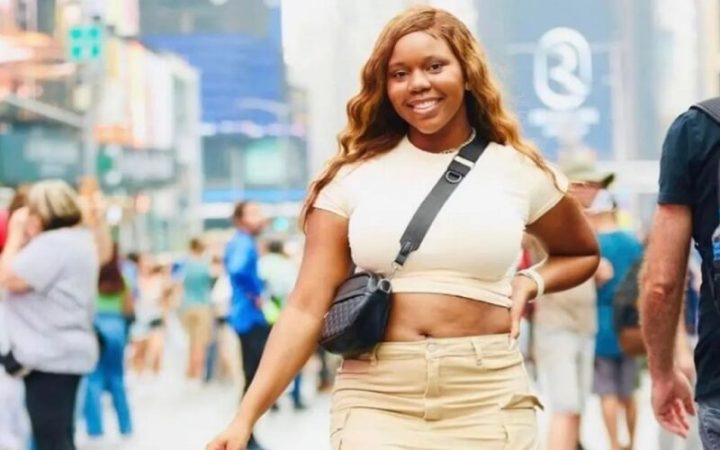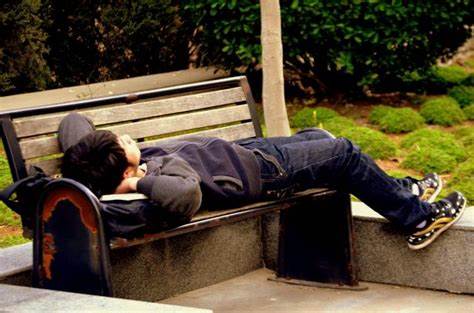
Recently on the radio, I heard some speculation that Carlee Russell, a 25-year-old woman from Alabama who made headlines after she disappeared after reporting she spotted a toddler on the highway, only to show up days later to a relative’s house unharmed with no evidence that she was ever kidnapped or in danger.
Many are trying to understand what appears to be her bizarre behavior surrounding her disappearance and some believe that she may be suffering from some type of mental illness Histrionic Personality Disorder (HPD). As a mental health professional, I don’t want to throw out any possible diagnosis based on the little bit of information I know about this situation and certainly not when it comes to possible personality disorders (which generally takes getting to know the individual personally over time) but I take a more indepth look into what HPD is.
Understanding Histrionic Personality Disorder
HPD is one of the least understood and frequently misdiagnosed personality disorders. It is characterized by patterns of excessive emotionality, attention-seeking behavior, and a need for approval.
HPD falls under the cluster B personality disorders in the Diagnostic and Statistical Manual of Mental Disorders, Fifth Edition (DSM-5), characterized by dramatic, emotional, or erratic behavior. Individuals with HPD exhibit a pervasive pattern of excessive emotionality and attention-seeking behavior that begins by early adulthood and is present in various contexts.
The symptoms can often lead to difficulties in relationships and professional settings, impacting an individual’s overall quality of life.
Symptoms of Histrionic Personality Disorder
Some common symptoms associated with HPD include:
- A constant need for attention and approval
- Discomfort in situations where they are not the center of attention
- Rapidly shifting and shallow expressions of emotions
- Use of physical appearance to draw attention
- Impressionistic speech that lacks detail
- Dramatic, theatrical, and exaggerated expressions of emotion
- Easily influenced by others or circumstances
- Belief that relationships are more intimate than they actually are
It’s important to note that everyone can exhibit some of these behaviors at times. A diagnosis of HPD involves these behaviors being consistent, long-term patterns that interfere with day-to-day functioning.
Causes and Risk Factors
The exact cause of HPD is unknown, but it’s likely a combination of genetic, environmental, and social factors. Some studies suggest that a history of childhood trauma or neglect might contribute to developing HPD. Early parental relationships may also play a role, as those who were rewarded for dramatic behaviors may learn to use these behaviors to get attention.
Diagnosis and Treatment
Diagnosing HPD involves a comprehensive evaluation by a mental health professional. The clinician will assess the individual’s behavior, thoughts, and feelings over time, and compare them to the DSM-5 criteria.
Once diagnosed, psychotherapy is the primary treatment method for HPD. Cognitive behavioral therapy can be effective, helping individuals to uncover unconscious thought and behavior patterns, and learn new, healthier ways to relate to others. Group therapy can also be beneficial, allowing the individual to interact with others in a controlled, professional environment.
While there’s no specific medication for HPD, some symptoms, such as depression or anxiety, may be managed with psychiatric drugs.
Coping Strategies and Support
Living with or caring for someone with HPD can be challenging. The following coping strategies can be helpful:
- Educate Yourself: Understanding the disorder can help manage expectations and facilitate empathy.
- Set Boundaries: Maintaining consistent boundaries can prevent manipulative or attention-seeking behavior from destabilizing relationships or professional settings.
- Seek Support: Joining a support group, either in-person or online, can provide emotional assistance and practical advice.
Conclusion: Understanding and Compassion
HPD is a complex and often misunderstood condition. If Carlee Russell is suffering from HPD, then she needs understanding, compassion, and professional support just like anyone else suffering from a mental health issue. Instead of attacking or ridiculing her, this experience can be used to highlight the important of mental health awareness.
If you or a loved one have been diagnosed with HPD, remember: you are not alone, and help is available. With the right treatment and support, individuals with HPD can lead fulfilling, productive lives.
In shedding light on conditions like HPD, we help to combat stigma and pave the way for more open discussions about mental health. In doing so, we can foster a society where everyone is understood, accepted, and receives the care they need.








